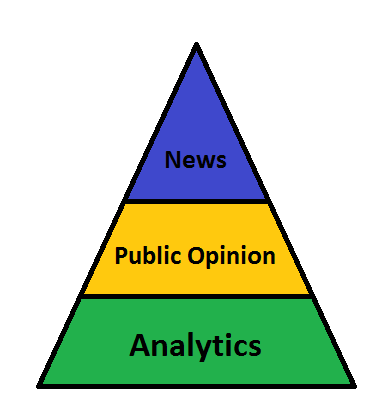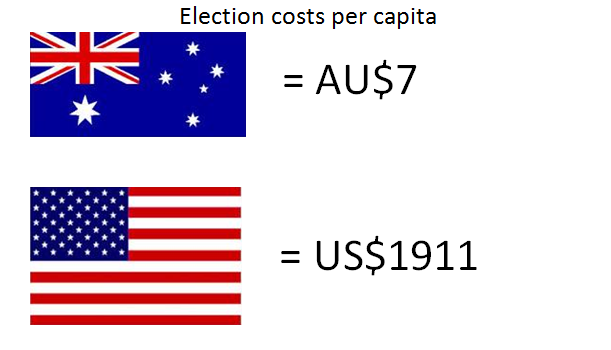The evolution of the social media advisor
There are people out there who make what you do online their business. It’s not advertisers, it’s not Zuckerberg, and it’s not even the instant cash dividend department from the Bank of Zimbabwe.
These people are the social media advisors for Australia’s federal politicians, and knowing what hot button issues you and your electorate care about is their specialty.
In the battle for social media supremacy, much analysis has been put into what we can and should expect from politicians, but the world of advisors has remained a relatively shadowy one.
Social media advisors are in the process of honing their craft, evolving from the traditions of PR and media advising into a new and little understood creature.
Habitat
Emma Lo Russo, CEO of Digiviser, a social media advice company, explains that most social media advisors started their professional lives in a different environment.
“Their background has been in PR and they’ve moved to digital, now their moving to social,” Lo Russo says.
The traditional way politicians have communicated with voters has been from a top-down and one-way flow of communication.
“In the past the only way to emerge was with a push strategy, with what they can take to market to the journalists,” she says.
But the advent of social media has built a journalist bypass, allowing politicians to speak directly to the public without the filter of the media inbetween.
However, as Lo Russo explains, with this new freedom comes the challenge for politicians and their advisors having to earn the public’s attention.
She says that migrating to this new mode of communication can be hindered by the simple fact that old habits die hard: advisors sometimes revert back to broadcasting information, where really it should be about “engaging and having conversations".
Diet
The diet of social media advisors, the fuel that helps them perform their tasks, is a mixed diet of information gathered from a variety of sources.
Lo Russo identifies three major areas where advisors source information to inform the decisions of politicians, analytics, public opinion and news reports.

Lo Russo says that keeping up to date on this type of information allows social media advisors to perform their first of two main roles, to “analyse what they (the politicians) should be talking about and what people care about”.
But Australian social media advisors find themselves in a position where they lack a wealth of funding and resources to gather such information.
Often this means advisors go hungry on professionally sourced analytics, researching it themselves instead.
In this regard, Lo Russo says that “there’s a lot to be learnt from the overseas (US) election”.
Social media advisors in the United States are able to tap in to a much larger pool of resources in elections, which have much larger budgets – an estimated $US6 billion in 2012, according to Reuters.
This dwarfs the 2010 Australian federal election which had a total estimated cost of $161,342,861.
These figures work out to be approximately $US1911 per capita in the US and $7 per capita in Australia, including people of non-voting age.

Hunting
Once the social media advisors have gathered the information and background knowledge, they are well fed and equipped to hunt for the elusive positive public attention – the second main role of a social media advisor.
They use trends or topics from certain electorates and devise a hunting strategy, a combination of key messages and ‘bites’ designed to gain the largest positive impact.
Prime Minister Julia Gillard deployed such a strategy when targeting the marginal Western Sydney area. Recognising that Western Sydney residents want to hear about personal success stories, Gillard sent out this tweet on March 5.:

Survival
So the professional longevity of social media advisors and the politicians they adapt to the social media realm depends on how closely they listen to your tweets and observe Facebook.
No longer is political communication about who can shout the loudest.
For the moment though, Lo Russo says social media advisors have not completely made the transition.
“They’ll have to be a lot more responsive,” Lo Russo says.
To complete the evolution, social media advisors will have to emerge from the murky depths of broadcast communication, dragging themselves and politicians into full view in the social media age.
















